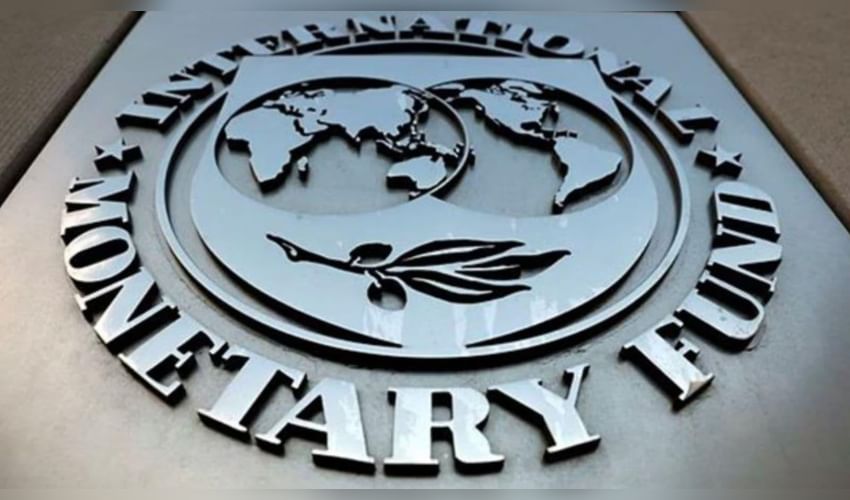Economy
Is Pakistan's "Tranparency" a Real Reform or a Cosmetic Fix?

Pakistan’s recent agreement to publish asset declarations of high-level public officials by 2026 pushed by the IMF is being portrayed as a breakthrough in governance. But a closer look reveals that this commitment may be more about placating the IMF than instituting genuine, deep-rooted reform. According to the IMF’s Governance and Corruption Diagnostic Assessment, Pakistan has pledged to begin publicly disclosing these declarations and to introduce risk-based verification. On paper, this sounds like a serious step towards accountability.
However, the very need for IMF intervention to force this change highlights how weak Pakistan’s institutions have been on their own. The IMF has also criticized Pakistan’s top anti-corruption agency, the National Accountability Bureau (NAB), calling its leadership selection “a political compromise.” That the regime of asset declarations remains fragmented different rules for civil servants, the judiciary, and the military shows how far Pakistan still has to go.
In addition, while the government has approved a law to force senior civil servants (BPS 17–22) to declare both domestic and foreign assets, it took IMF pressure for them to do so. The law will allow the Federal Board of Revenue (FBR) to publish those declarations digitally, but even then, “privacy” safeguards are being cited raising questions about how much real transparency citizens will actually get.
There’s also a risk that these reforms could be temporary or superficial. The IMF report notes that while a longer-term vision exists to create a centralized authority to collect, digitize, and verify asset declarations this may not materialize in practice, especially given the expiry of the IMF programme. After all, the pressure is coming from a bailout deal, not a genuine domestic push for transparency.
Moreover, the IMF doesn’t just want disclosure it wants stronger institutions. Its assessment argues that NAB’s investigative powers are weak, that disciplinary actions rarely lead to criminal prosecution, and that anti-corruption bodies at the provincial level lack access to crucial databases like bank records and tax data. Without meaningful reform of these structures, public asset declarations may remain little more than a public relations exercise.
In short, while Pakistan’s pledge to make asset declarations public is welcome on paper, its dependence on IMF coercion, lingering political compromises inside anti-graft institutions, and the risk that the reforms may be limited or temporary suggest this is not a transformative breakthrough. If real change is to happen, the commitment must go beyond ticking boxes it needs institutional strengthening, institutional independence, and sustained political will.
Disclaimer: This image is taken from Indian Express.



